What is Epilepsy?
Epilepsy is a group of neurological disorders characterized by recurrent and unprovoked seizures. It can affect people of any age, gender, or ethnicity, but the causes are often varied and, in some cases, unknown.
Main Causes of Epilepsy
Epilepsy can be caused by many factors, including:
- Brain damage
- Head trauma due to accidents or injuries.
- Stroke, including hemorrhage and ischemia.
- Neurological diseases
- Brain infections, such as meningitis or encephalitis.
- Brain tumors.
- Genetic factors
- Specific mutations associated with inherited forms of epilepsy.
- Developmental Disorders
- Autism and other developmental disorders.
- Other causes
- Lack of oxygen during childbirth.
- Use of toxic substances or withdrawal from drugs and alcohol.
Types of Epileptic Seizures
Epileptic seizures are divided into two main categories:
- Partial seizures
- They originate in a part of the brain and cause symptoms such as unusual sensations, confusion, or uncontrolled movements.
- Generalized crises
- They involve the entire brain and are often accompanied by loss of consciousness.
- The most common types include:
- Tonic-clonic seizures : tremors and stiffening of the body.
- Absence seizures : brief disconnections from reality.
- Myoclonic seizures : sudden muscle contractions.
Main Symptoms of Epilepsy
Epilepsy presents with a variety of symptoms including:
- Sudden loss of consciousness.
- Uncontrolled tremors.
- Temporary disconnection or confusion.
- Unusual sensations ( aura ), such as strange sounds or smells.
Diagnosis of Epilepsy
The diagnosis of epilepsy is made by a neurologist and includes:
- History and description of convulsive seizures.
- Electroencephalogram (EEG) to record electrical activity in the brain.
- Imaging tests , such as MRI or CT scan, to detect damage.
- Blood tests to rule out metabolic causes or infections.
Treatment of Epilepsy
Although there is no cure, treatment can effectively manage the condition. The main options include:
- Antiepileptic drugs (AEDs)
- They prevent seizures if taken as directed by your doctor.
- Surgery
- In special cases, the part of the brain that causes the seizures is removed.
- Vagus nerve stimulation (VNS)
- A device that helps manage crises.
- Lifestyle changes
- Avoid stress and fatigue and, when necessary, follow a ketogenic diet.
Daily Management
- Monitoring seizures : Keep a diary to identify triggers.
- First Aid : Ensuring a Safe Environment During Crises.
- Psychological support : Consult a psychologist to deal with emotional challenges.
Prevention of Complications
- Compliance with the therapies prescribed by the doctor.
- Avoid dangerous activities, such as swimming without supervision.
- Support from epilepsy communities and groups.
Conclusion
Epilepsy, despite the difficulties it can cause, is a manageable condition. Understanding it and receiving ongoing support from your doctors and family is essential for a healthy and productive life.
Together for a healthy future!
Book your consultation with a specialist doctor now!
Your Medical Clinic staff provides all patients with specialized medical service at the highest standards.

